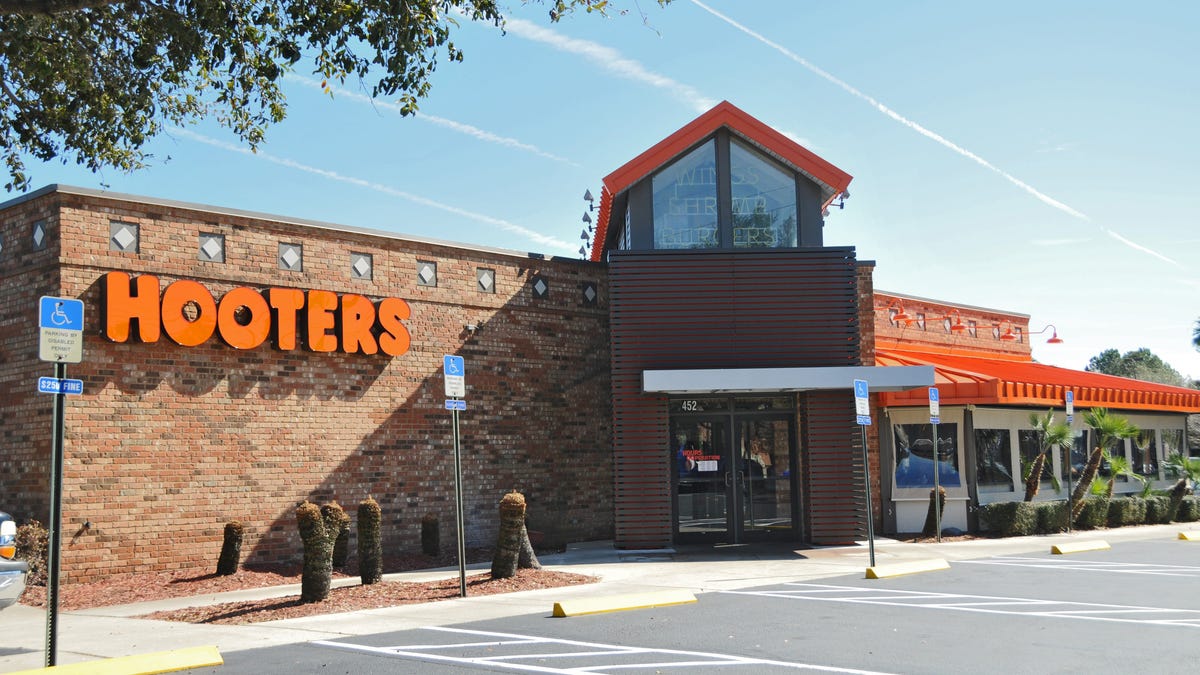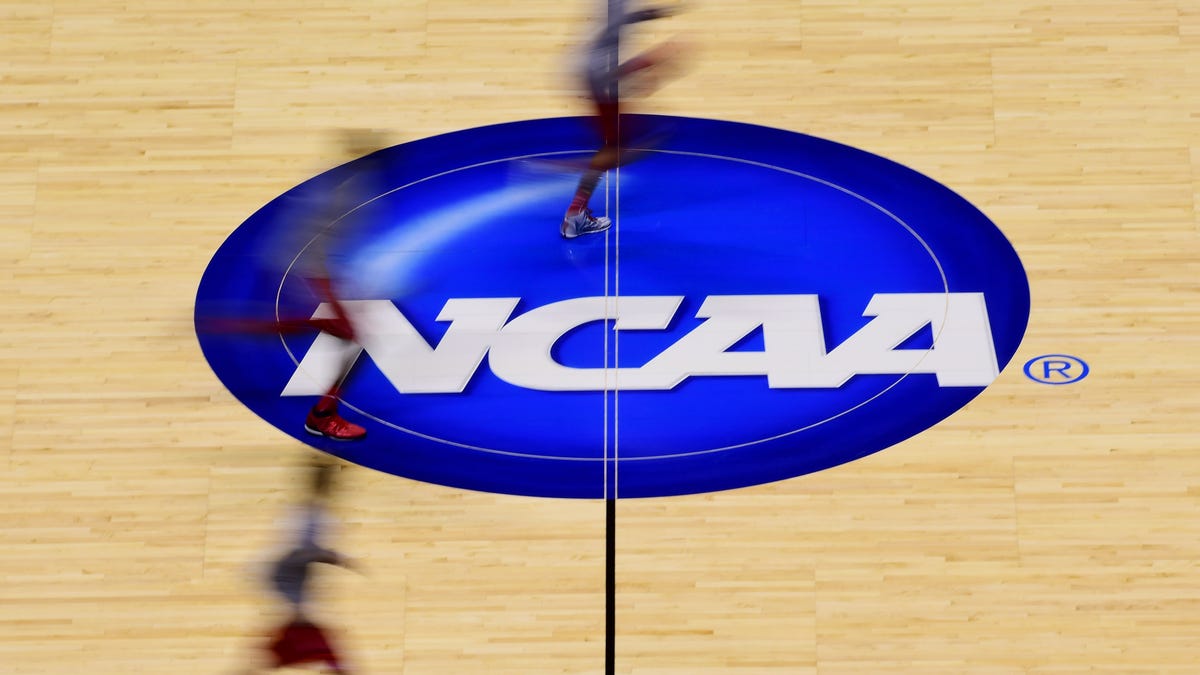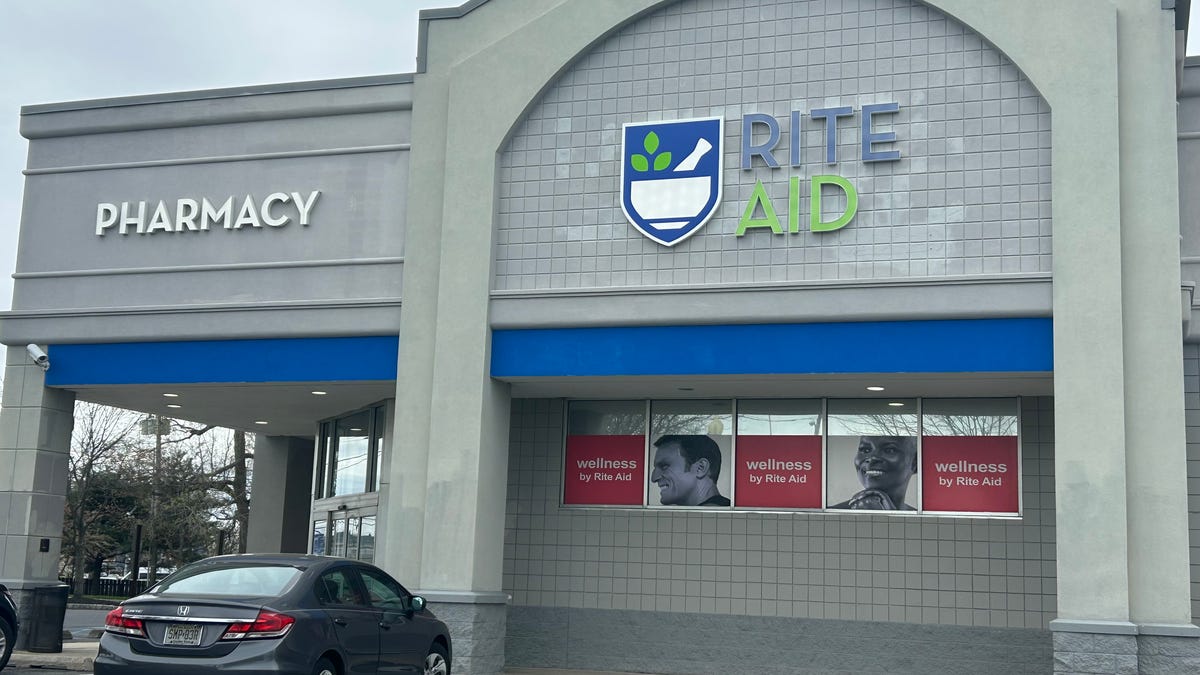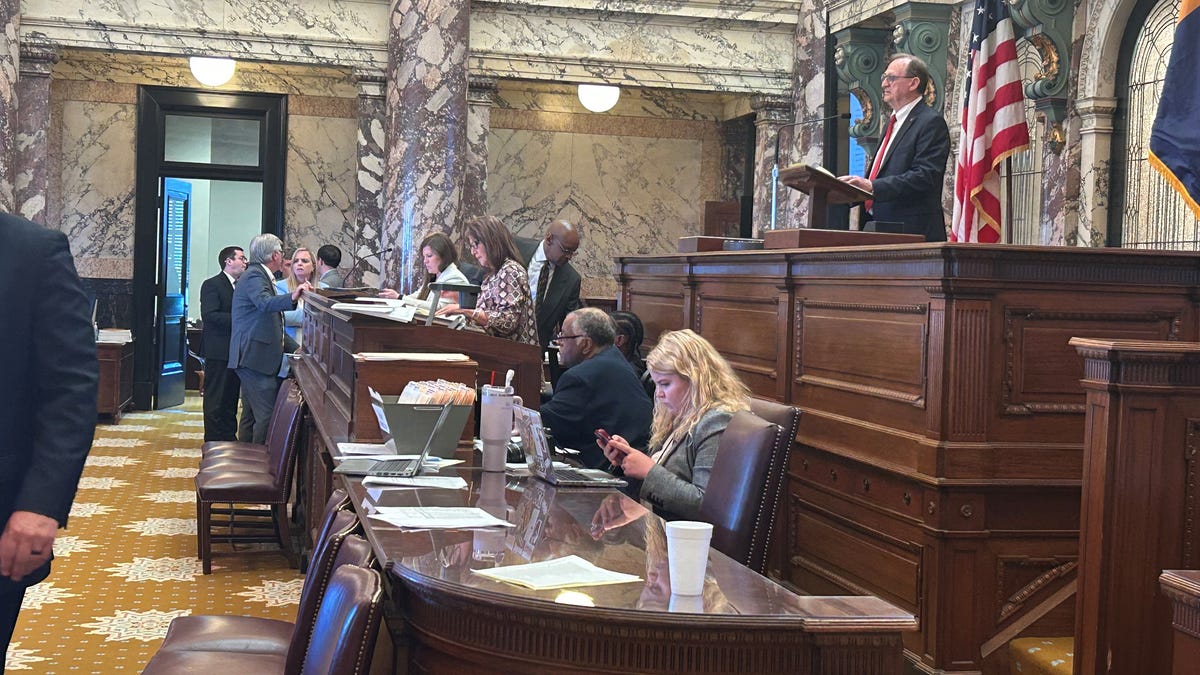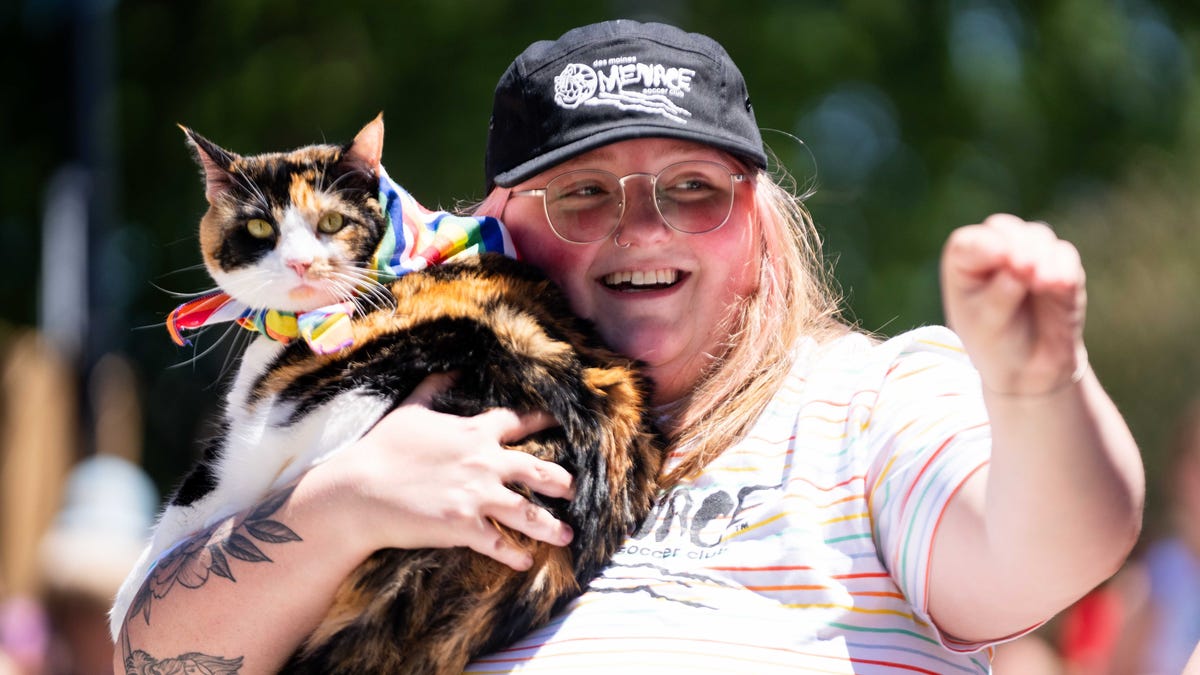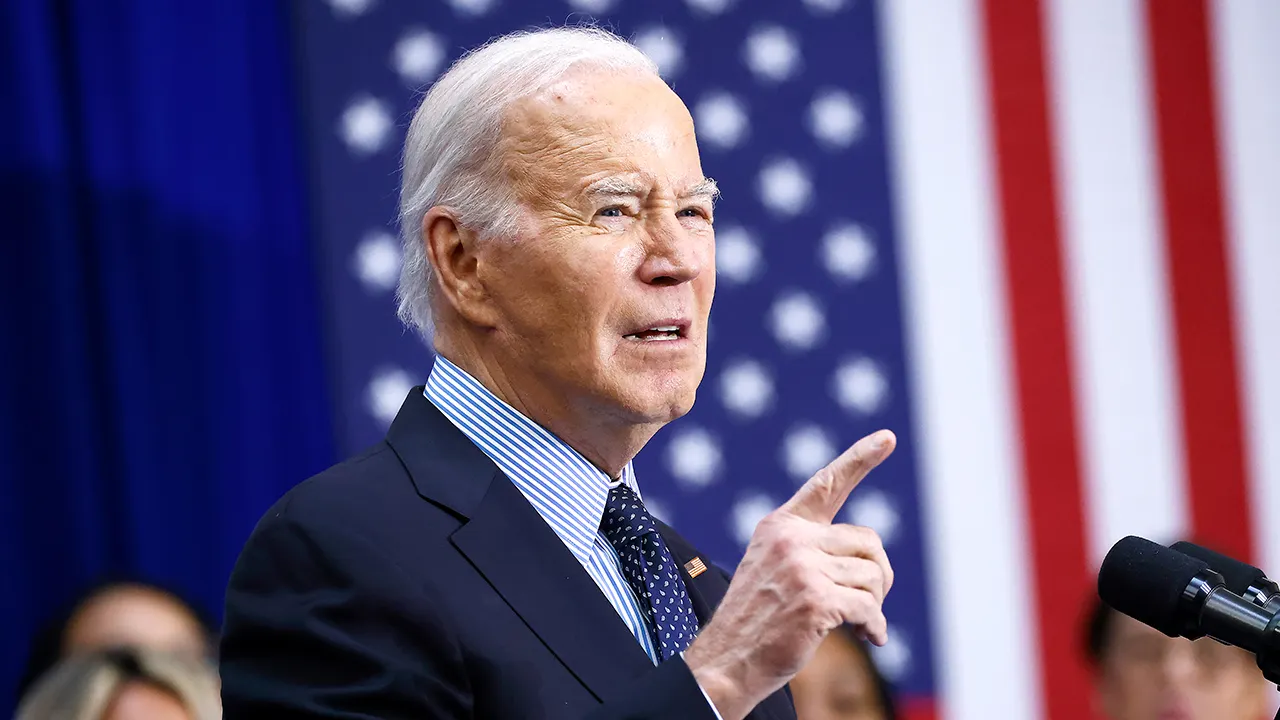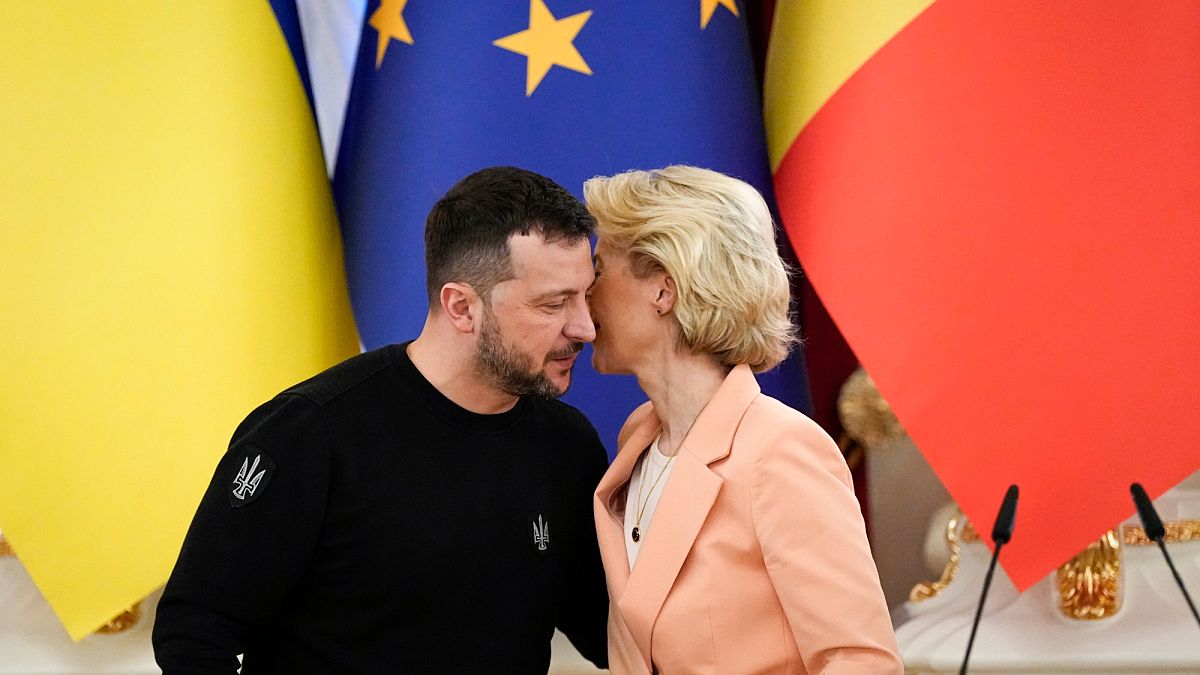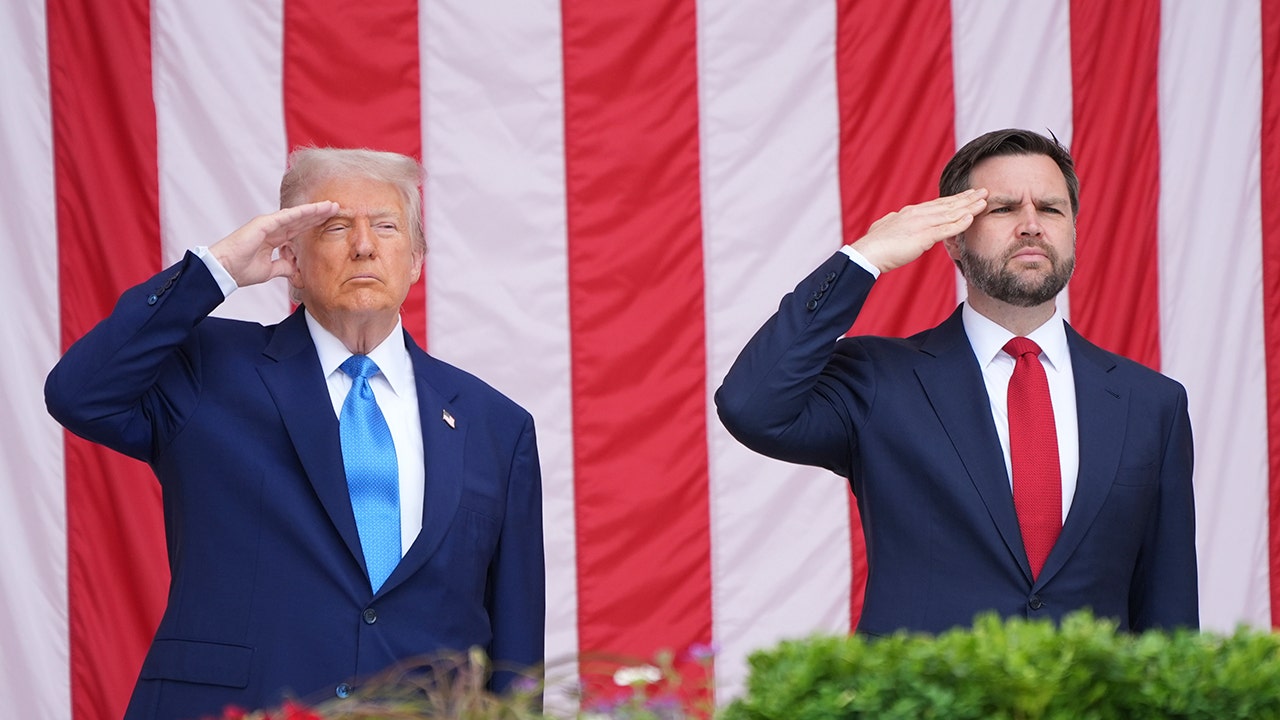ST. LOUIS — Bioscience boosters have started recruiting residents in the metro area for free training programs, aiming to fill a glut of open jobs in the industry. The program — Biotech for MO — will provide free childcare and transportation to at least 200 people in the region and the first trainees could begin jobs by the end of the year.
By targeting women, people of color, and those from lower-income households, the program is designed to both fill necessary roles in the bioscience industry and provide people the training necessary to get a good-paying job.
“Today, we spend a lot of time preparing employees to go into the production lab,” said Rick Cook, chief operating officer at Ceva Animal Health. “There is a lot to learn about how to operate in a sterile environment, safety procedures and production processes that can vary from one product to another. If programs like this shorten that timeline, we’ll become more efficient, more productive and better able to respond to customer needs.”
People are also reading…
Biotech for MO will leverage existing training programs, such as St. Louis Community College’s Biomanufacturing Research and Technical Training and those at Southern Illinois University-Edwardsville. These will be expanded to include new training modules that will cover additional in-demand skillsets for bioscience workers.
From left to right, St. Louis County Executive Dr. Sam Page; Missouri Lt. Gov. Mike Kehoe; and Sen. Brian Williams, D-University City participate in lab skills activity led by BioSTL Manager of Employer Partnerships Angi Taylor. The simulation demonstrates some of the techniques trainees will learn in the Biotech for Mo training programs.
Ashley Vargo
Additionally, a new biotechnology training program will be developed in coordination with Washington University and BioSTL, a local nonprofit focused on investing in life science startups.
“These workforce development trainings are so critical to the growth of the region and to the growth of innovation,” said Margarett Wolf, regional communications business partner at MilliporeSigma.
Last year, the company made more than 100 offers at a two-day hiring fair to fill manufacturing jobs, held in St. Louis, she said.
All the training will be free. Funding comes from a $2 million grant awarded in January to BioSTL, Kansas City-based BioNexus KC and the Missouri Biotechnology Association by the Missouri Department of Economic Development. The grant is intended to boost workforce expansion for plant, life and medical sciences — fields that often require post-secondary education to join.
“These positions can be really accessible, particularly for those that don’t have a four-year [college] degree,” said Justin Raymundo, director of regional workforce strategy at BioSTL.
The programs will provide training “in all the things that you need to be a biomanufacturing technician,” said Raymundo. Lab skills such as DNA analysis techniques and the use of tools like micropipettes will be included in the curriculum.
In 2021, biological technicians earned a median annual salary of $48,140, according to the US Bureau of Labor Statistics.
And, as the biosciences industry continues to grow, the need for employees in these positions grows with it. The industry employs more than 19,000 people in the metro area, with average annual earnings of more than $116,000 according to a labor market analysis BioSTL commissioned from the University of Missouri. The report defined the bioscience industry broadly, including categories like medical devices and equipment, pharmaceuticals, agricultural feedstock, and medical testing and research.
The report said in some cases, there is low demand among students for STEM courses, and some are reluctant to pursue programs that have significant math requirements. The area’s bioscience employers, it said, face “the dual challenge of encouraging people to pursue bioscience careers and persuading them to pursue those careers in the St. Louis region.”
According to Raymundo, employers like Thermo Fisher Scientific, Ceva Animal Health and MilliporeSigma are partnered with Biotech for MO and plan to hire for hundreds of these entry-level roles.
BioSTL will be recruiting participants through local job centers and the Gateway Apprenticeship Hub, Raymundo said. A pool of applicants will also come to the training programs through Rung for Women, a non-profit organization in St. Louis that aims to support women looking to find a new, quality career.
“A vast majority of our women identify as women of color,” said Danyelle Little, director of marketing and communications at Rung for Women. “They’re not necessarily in poverty or at risk, but they’re like one paycheck away, one car repair could send them into disarray. And so that’s why we want them to have careers where they’re able to make a living, sustainable wage, and then create wealth. Because then, when these emergencies do come up, it will not send the whole family into a tailspin.”
Through partnership with Rung for Women, all participants in St. Louis will have access to childcare for the duration of the training. In addition, Rung for Women will offer financial literacy counseling, an on-site family clinic and meals to its recruits.
Raymundo says that the grant will also cover transportation costs for trainees, and that BioSTL is exploring options like providing MetroLink passes or reimbursement for Uber rides. He anticipates the first group of trainees will start jobs with bioscience employers around the end of the year.
The Missouri Biotechnology Association, a statewide trade group, will also use grant money to develop a virtual model that people could access anywhere in the state.
Cook, of Ceva Animal Health, said that even though these trainings are for entry-level positions, there is a lot of opportunity for advancement in the industry. “It’s an investment that will pay off for employees, companies and our community for years in the future,” he said.
Annika Merrilees of the Post-Dispatch contributed to this report.


